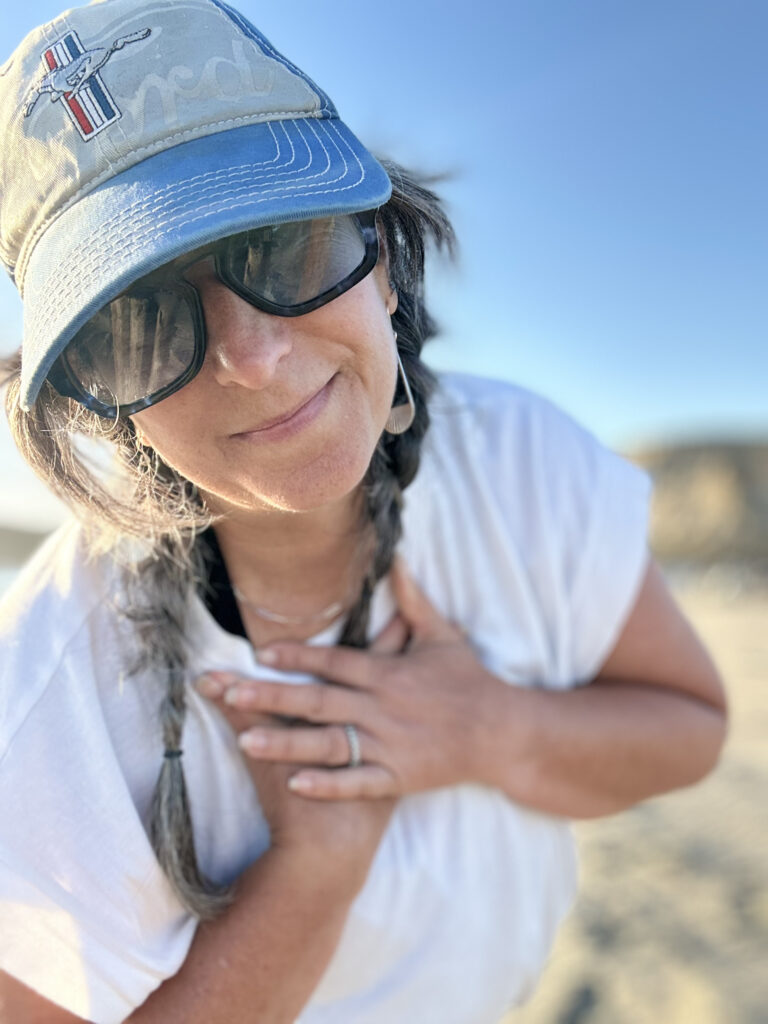Hi, I’m
MEESHA HALM
writer / book coach/ founder of Free-Range Writing Circles
Welcome to Free-Range Writing Circles
I help everyday women use the therapeutic power of automatic writing to awaken, reclaim, and birth their stories onto the page. When we tell our stories and bear witness to others, we can find meaning, purpose, healing, and transformation.

Join a radically supportive writing community for everyday women.
All levels are welcome.
“Meesha’s Free-Range Writing circle brought me back to my center, and my self as I navigated the oceanic waters of early mamahood. I’m so grateful to her, her magic, and this group that she’s gathered. Get yourself a pen and paper, and write alongside her!”